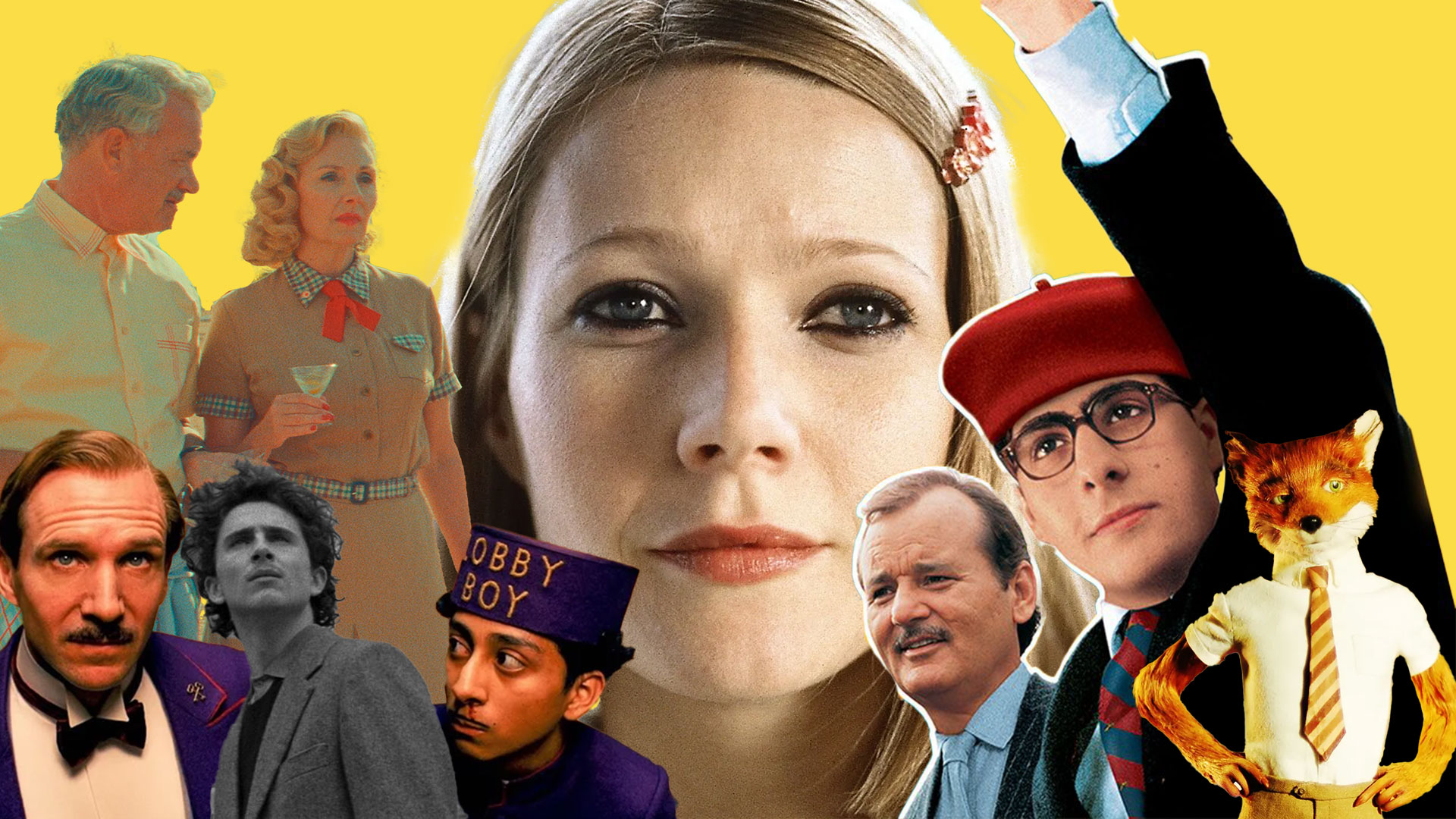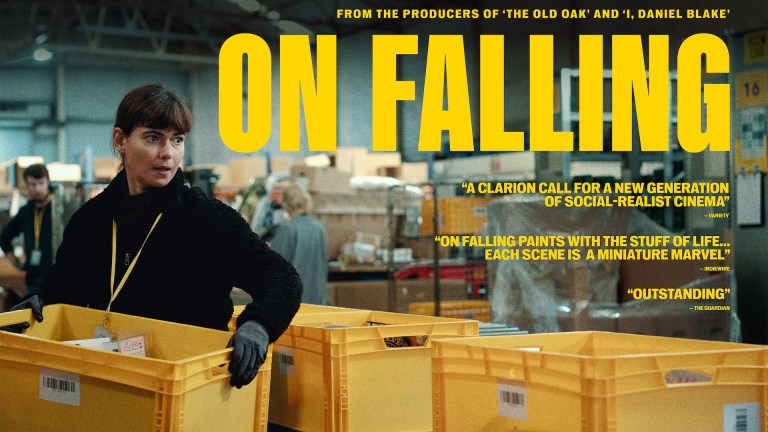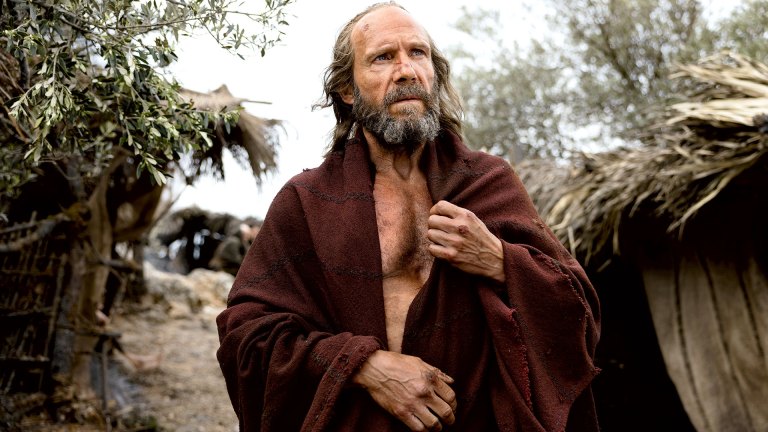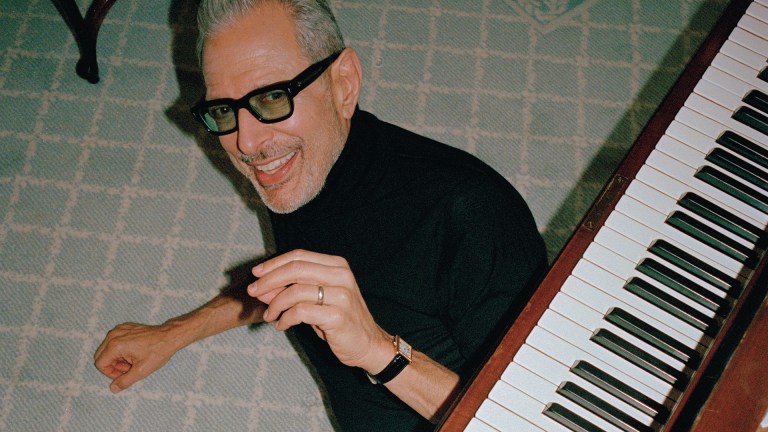Wes Anderson’s films are known for being, well, unlike anybody else’s. A few things are guaranteed: pristine, pastel colours; sharp, symmetrical composition; emotionally-stunted characters talking in hurried, clipped dialogue. Anderson’s vibe is highly ordered and detailed, which is not how you feel if you watch every single one of his films back-to-back over 24 hours.
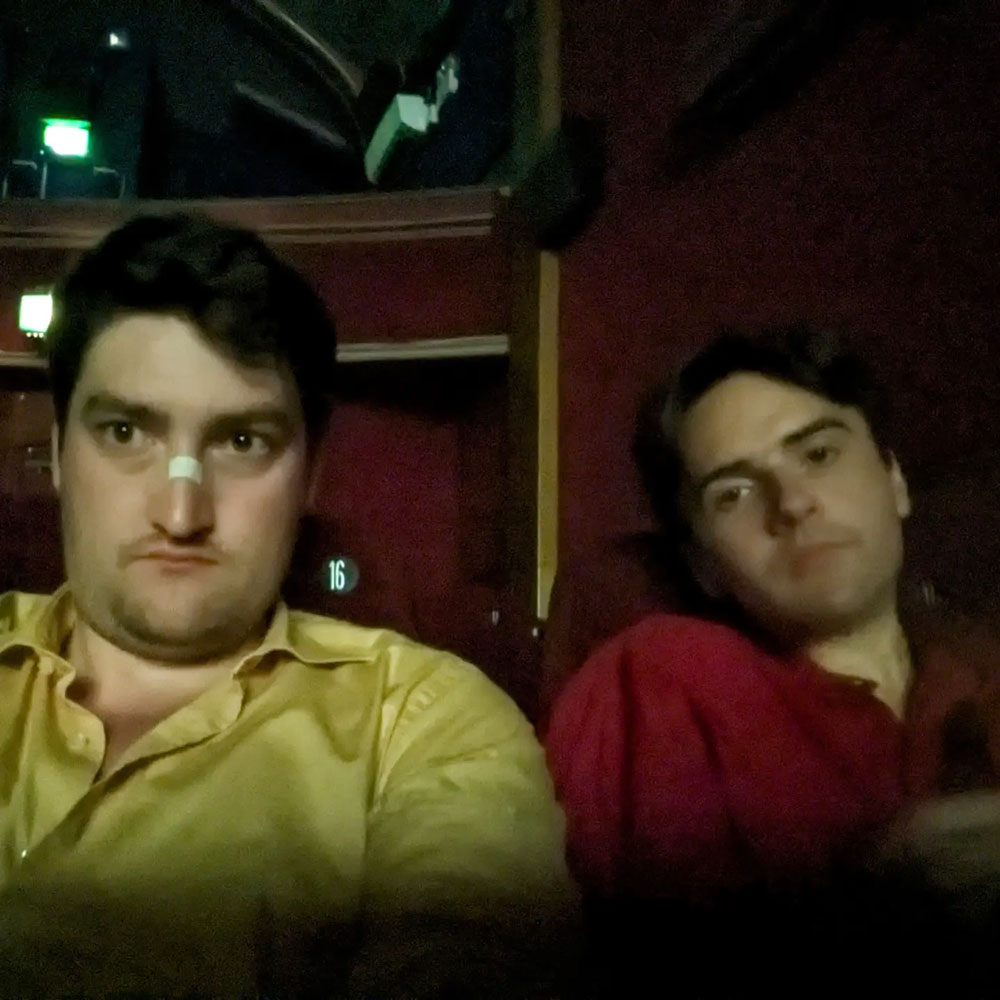
On Saturday 17 June, three British coastal cities – Brighton, Edinburgh, and Liverpool – hosted a day-long marathon of Anderson’s films, starting with his debut Bottle Rocket and closing with a preview of his examination of space-age wonder, Asteroid City. The idea of consuming only Wes Anderson for an extensive period will undoubtedly repulse his critics. His dependency on a singular filmmaking language has led to some dismissing him, in recent years, as someone who can only do one thing. But one thing at Picturehouse’s 24 Hour Wes Fest was clear – Anderson is capable of something no other working filmmaker can offer.
Duke of York’s Picturehouse in Brighton tried to accommodate everyone from fervent superfans to morbidly curious casuals, with half hour breaks between films, complimentary pastries and hot drinks offered at intervals, and light entertainment offered by local Wes Anderson-themed improv troupe Yes Anderson. Such measures were not intended to soften the effects of 24 hours in Anderson’s company, but to encourage us across the finish line. From staff and audiences, the pervading energy from staff and audience alike was, “This is an insane thing to do, let’s enjoy doing it.”
The community that gathered for the marathon – many dressed in suitably Andersonian attire – may not have all been impassioned devotees to the Cult of Wes, but it was clear that everyone recognised Anderson as someone whose work deserved, maybe even demanded, a celebration this momentous. At a time where most marathons centre on copyrighted characters or corporate franchises, it’s significant that people will assemble for an artist most known for their visuals, their command of cinematic craft.
In recent months, Anderson’s visuals have been homaged and co-opted in equal measure; TikTokers have eagerly aped his mannered aesthetic (complete with French/60s needle drops) for charming glimpses of their routines and wardrobes, while artless AI software has appropriated his recognisable style to reimagine other properties. A hunger for the feelings conjured by his work pervades internet culture, but regardless if these efforts were playful or exploitative in nature, they lacked the special ingredients present in all of Anderson’s work: dark, bittersweet melancholy, reflexive witticisms, and a perplexing but touching affinity for grief, regret, and loss.
What, exactly, do you get from a complete Wes Anderson marathon? “Intergenerational love-triangles with heists. And precocious children,” says Helen Boobis, one member of Yes Anderson. “Often smoking,” clarifies fellow member, Tim Meredith. The improv group (also repped in Brighton by Jenny and Ezra Haufek) boasted some of the top costumes of the event, bested only by the moment where everyone wearing the bright red beanies of oceanographer Steve Zissou (in total, nearly a dozen) congregated onstage for a photocall, looking like one of the many niche afterschool clubs found in Rushmore.
